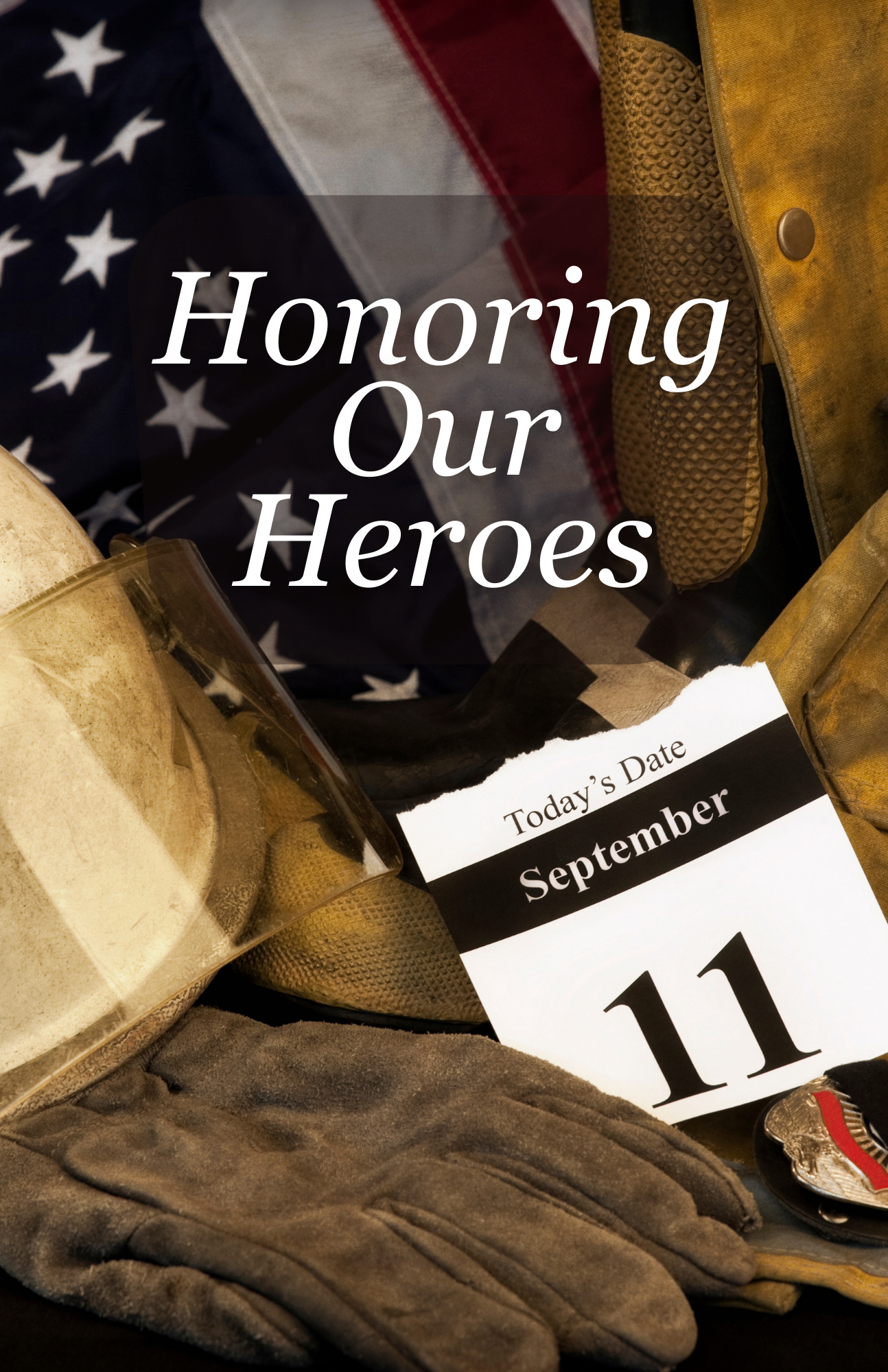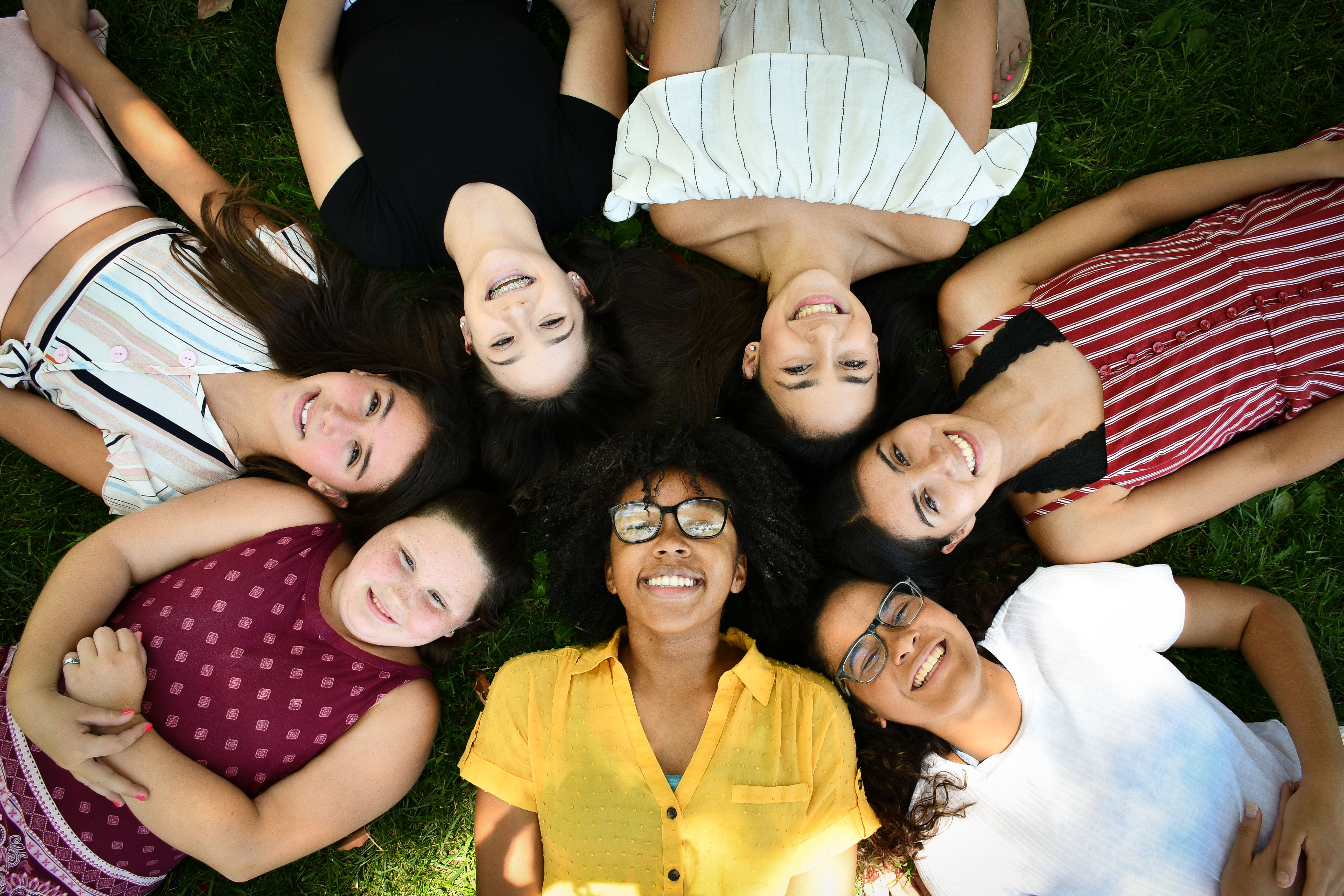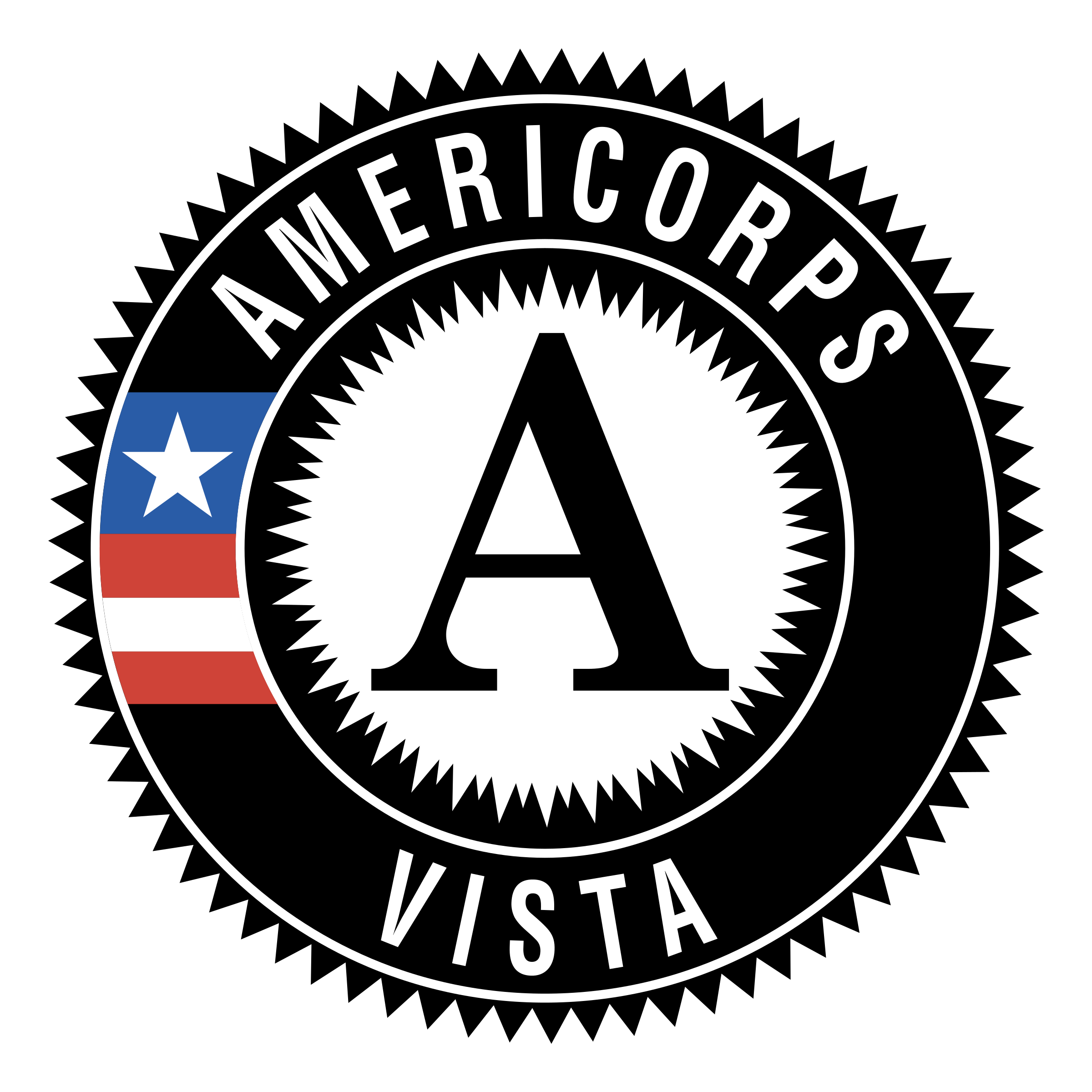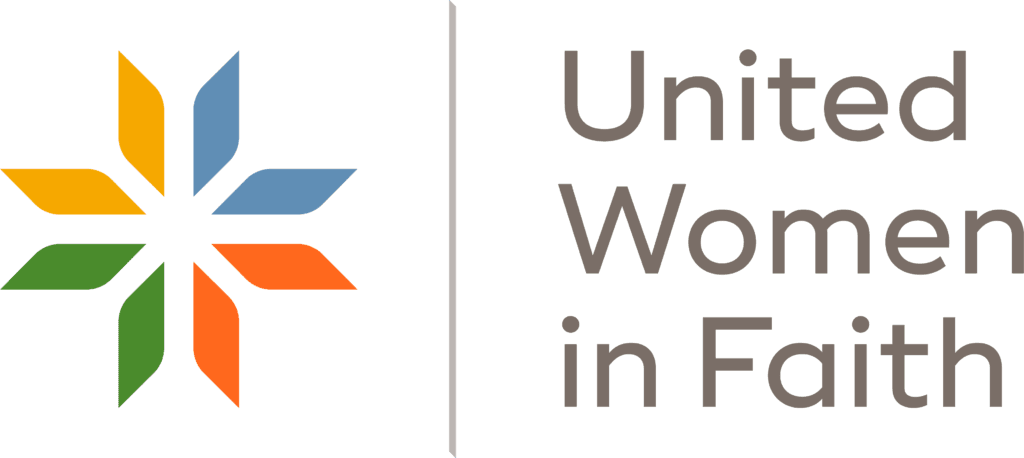
September 11, 2021, marks the 20-year anniversary of the four terrorist attacks perpetrated on US soil, taking the lives of over 3,000 people that day and leaving a lasting impact on the health of over 60,000 people, a large portion of which were first responders to the event. While the 9/11 attack and the COVID-19 pandemic are incomparable, both have had devastating ramifications for the country and the world, with those on the front lines making the largest sacrifices.
The immediate impact of the events on 9/11 not only resulted in the death of thousands of individuals but took a toll psychologically on America and most of the world. One study from the University of California in Irvine found that about 20% of the workers and volunteers who responded to the disaster have suffered mental health impairments, like depression, anxiety, and PTSD. For those who witnessed the events through the media, 60% suffered PTSD-like symptoms like nightmares, rumination, and anxiety about further attacks. The aftermath of 9/11 and the psychological repercussions on the US and the world led to many changes in security and safety protocols, most notably in how we travel and the resources provided to first responders amidst a crisis.
In the year of 2020 when the COVID-19 pandemic emerged, the world turned once again to first responders and frontline healthcare workers to bear the brunt of the burden. The COVID crisis has impacted the entire world, leading to lockdowns, mask mandates, and unfathomable death tolls. While the world struggles to return to “normal,” the psychological impact is hard to quantify. Early studies from the Kaiser Family Foundation show an increase in depression and anxiety, substance use, and suicidal ideation across the board, disproportionally impacting low-income households and people of color. 64% of households with a frontline worker reported that the pandemic resulted in at least one adverse impact on their mental health compared to 56% of all households. Since the beginning of the pandemic, frontline workers have suffered from inadequate access to necessary supplies, overrun emergency rooms, and daily tragedy leading to increasing levels of burnout.
While the events of 9/11 and the COVID-19 pandemic are disparate, they both demonstrate the immense trust and reliance we have on first responders and healthcare workers and how ill-prepared we are to support them during times of crisis. In honor of the 9/11 Day of Service started by AmeriCorps, the AmeriCorps VISTAs at COMPASS Programs are hosting a month-long event for participants to express their appreciation and gratitude for those on the frontlines of the pandemic. A table has been set up at COMPASS Point with two posters depicting the frontline workers on 9/11 and the COVID-19 pandemic and a drop-box where the participants have the option to write a letter of support to the healthcare workers at Pomona Valley Hospital who have been working tirelessly to protect the community during the pandemic or to the La Verne Fire Department who have been battling worsening fire conditions over the past few years. If you wish to send a letter of support to healthcare workers at Pomona Valley Hospital or the firefighters at La Verne Fire Department, please email your message to COMPASS@davidandmargaret.org! To learn more about the 9/11 Day of Service and other ways you can get involved, check out the AmeriCorps website!








